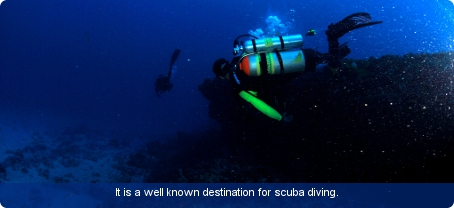| Time: | Local time is GMT +12. |
| |
| Electricity: | Electrical current is 240 volts, 50Hz. |
| |
| Language: | The official languages are Fijian and Hindustani. English is widely spoken. |
| |
| Health: | There is a risk of waterborne diseases such as Leptospirosis, diarrhoea, dysentery and typhoid. Travellers coming from infected areas require a yellow fever vaccination certificate. Dengue fever is a serious risk between November and April. Medical facilities are adequate for uncomplicated treatment, but travel insurance with provision for medical evacuation to Australia or New Zealand should be obtained before travel. |
| |
| Customs: | A popular excursion for tourists is a visit to one of the traditional villages. Guests in villages should show respect and avoid wearing hats, as they are a sign of disrespect, and remove shoes before entering a house. Homosexual acts, even in private, are prohibited and carry jail sentences. |
| |
| Safety: | There have been instances of violent robberies, which have occurred against foreigners, mainly at night and in urban areas. Cyclone season is usually from November to April. |
| |
| Business: | Business hours are 9am to 5pm on weekdays. |
| |
| Communications: | The international access code for Fiji is +679. The outgoing code is 00 followed by the relevant country code (e.g. 0044 for the United Kingdom). There are no area codes and all numbers are seven digits. Most hotels have direct dialling facilities. Vodaphone Fiji Ltd has active GSM roaming agreements with most international networks. A few internet cafes are available. |
| |
| Duty Free: | Travellers to Fiji over 17 years do not have to pay duty on 250g of cigars or 250 cigarettes or a combination of tobacco products not exceeding 250g; 2.25 litres of liquor, or 4.5 litres of wine/beer; perfume for personal use up to 118ml; and other goods to the value of F$400 per person. Firearms, ammunition and meat and dairy products from Tasmania are prohibited. |




